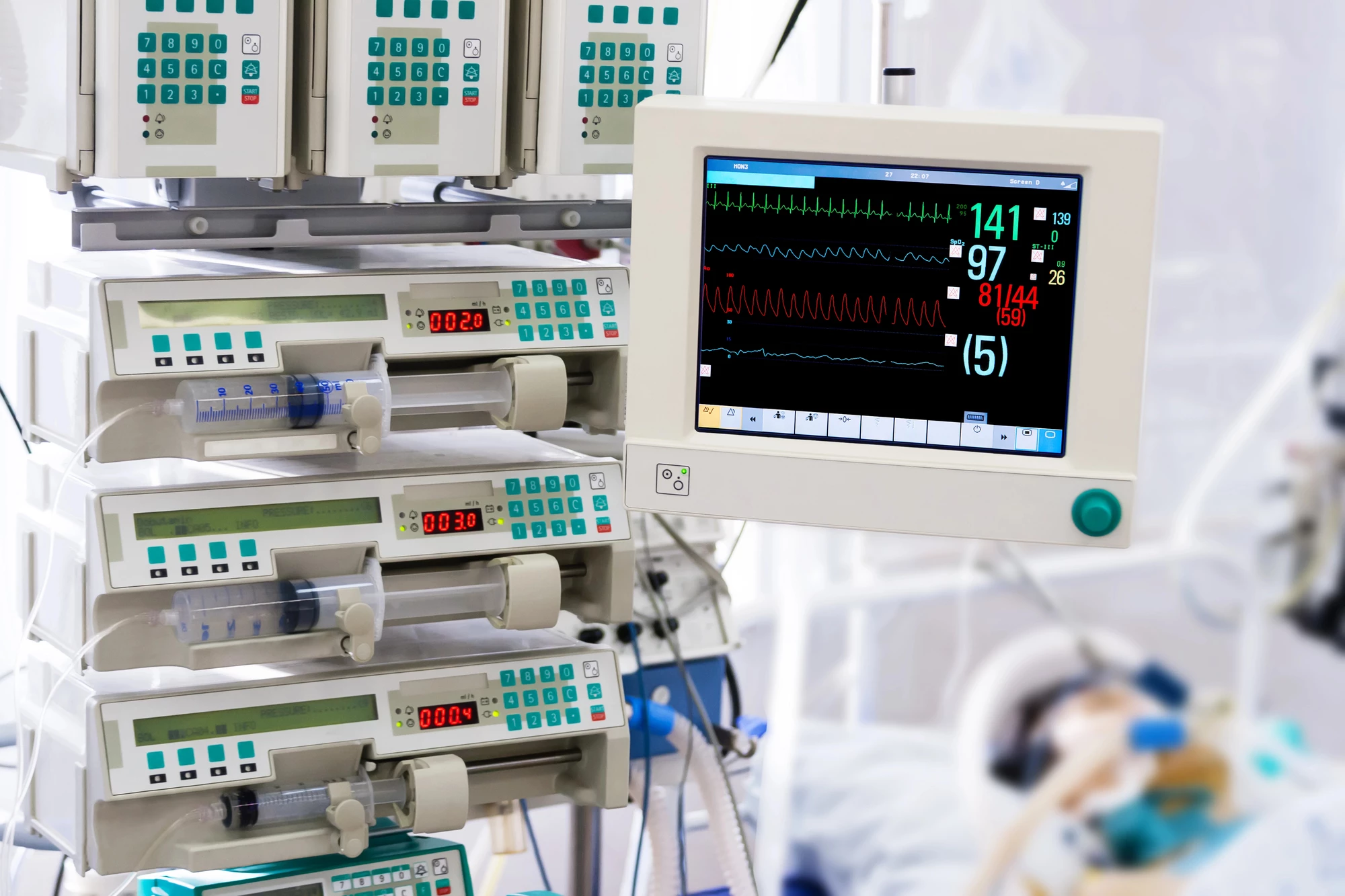Hospital workers hear up to 1,000 alarm noises per shift, and that sensory overload is costing hundreds of lives. New research suggests there's a fix that could make a significant difference – while also making key equipment far less annoying.
Anyone who’s been to a hospital, either as a patient or a visitor, knows how annoying incessant beeping alarms can be. Regardless of which area of the hospital you’re in, it’s difficult to escape the noise. I know. As a former ICU nurse, I've experienced the relentless blaring of alarms from patient monitors, IV pumps, ventilators, and dialysis machines first-hand. And, in accordance with Murphy's law, they tend to all go off at the same time.
While they convey important information about patient safety, healthcare professionals can be exposed to up to 1,000 alarms each shift. However, a study found that only 15% of all alarms in the critical care unit environment were clinically relevant. The high number of false alarms can lead to ‘alarm fatigue’, desensitization caused by sensory overload that can lead to missed alarms. The US FDA reported 566 alarm-related deaths between 2005 and 2010.
The importance of clinical alarms to health care led to the introduction of global standards to ensure consistency between manufacturers. Consequently, many alarms now sound the same in terms of timbre (the character or quality of a sound), frequency and tone. In a new study, researchers experimented with different musical sounds to see how hospital alarms could be improved.
Since 2015, Joseph Schlesinger and Michael Schutz, two of the study’s authors, have been examining how timbres might allow softer sounds to command the attention of busy medical personnel. Schlesinger is an anesthesiologist at Vanderbilt University Medical Center in the US, and Schutz is a music cognition researcher at McMaster University, Canada. They found that sounds with ‘percussive’ timbre containing short bursts of high-frequency energy (think clinking wine glasses) stand out, even at low volume. Conversely, loud, ‘flat’ tones without high-frequency components (for example, the drone of a truck’s reversing beep) get lost.
The researchers recruited 42 participants aged 17 to 23 with normal hearing and presented them with six alarms: half in a timbre designed according to a standard alarm and half in a new timbre based on the sound of a xylophone. This percussive instrument was chosen because of its perceived pleasantness and ability to be heard among competing instruments. The researchers assessed participants’ perceived annoyance with the different alarms and their ability to recognize them.
A simple substitution of timbre dramatically reduced the perception of alarm annoyance. Compared to standard tones used widely in medical devices, complex percussive timbres were considered less annoying in 88% of instances. They also found that alarm melodies in an acoustically rich timbre were no more difficult to identify than standard hospital beeps.
“These investigations revealed musical timbres can substantially reduce perceived annoyance without harming alarm learnability – offering a helpful step to improving alarm design while avoiding existing issues of excessive alarm sounds among medical devices,” said the researchers.
Future research will investigate how different timbres affect other important perceptual issues, such as alarm detectability.
“As musical instrument sounds reflect centuries of auditory innovation and thousands of hours of individual practice, we believe musically informed alarm design can lead to improved patient monitoring, care, and safety,” they said.
The study was published in the journal Perioperative Care and Operating Room Management.
Source: Scientific American





